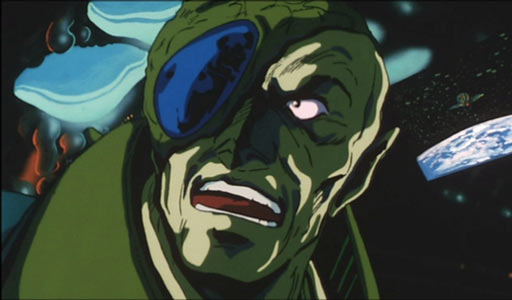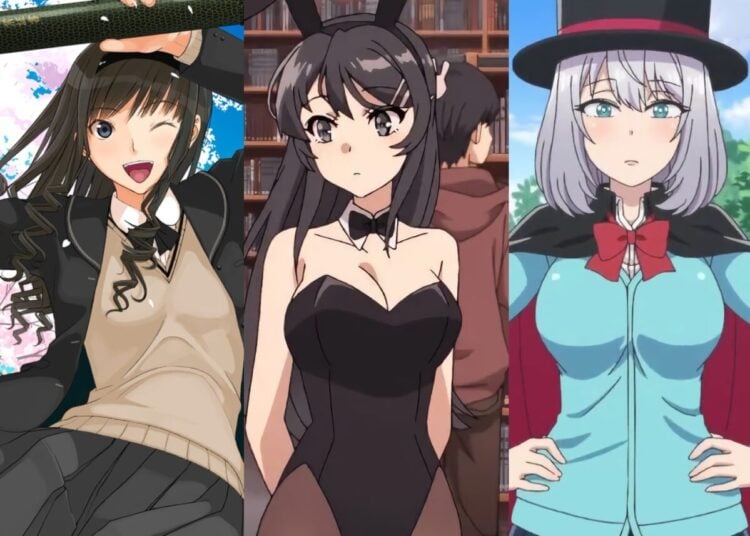Each language has features which make them unique. Some languages like Chinese or Thai are highly tonal for example (Japanese is not, thank the kami), while most languages of Europe assign gender to objects with seeming randomness. Back in the days when watching anime meant staring at the screen wondering what was going on (there wasn’t a lot of subtitled anime in the early 80s), one word that stood out frequently was ware-ware 我々 (pronounced WAH-reh WAH-reh), which is the Chinese character for “I” but repeated, creating the meaning of “we” (kind of logical). This repeating of words is a feature of the Japanese language, heard in words like 昔々 mukashi-mukashi (“a long time ago”), 山々 yama-yama (the “mountain” character doubled, referring to many mountains) or 人々 hito-bito (the character for “person” repeated, creating “people”). The word for “time” is 時 toki, and to say “sometimes” you just repeat the word, e.g. 時々 toki-doki, which always elicits giggles in Japanese class as it’s rather close to “okee dokee.” Some other words get repeated, for example onomatopoeia like pika pika (the sound of electricity crackling), or my favorite brand of caffeine gum, Black Black.

Breetai in the Macross Movie said ware-ware all the time.















